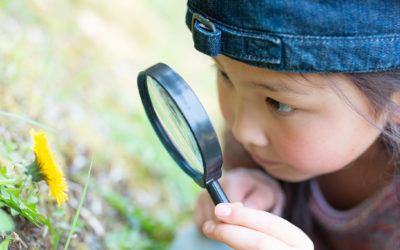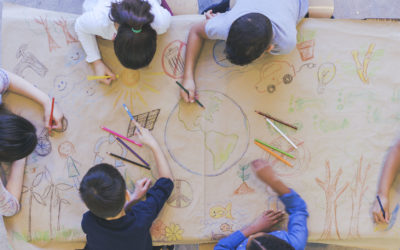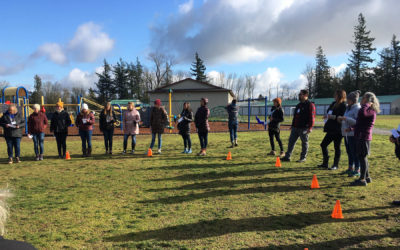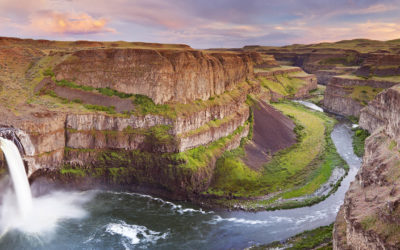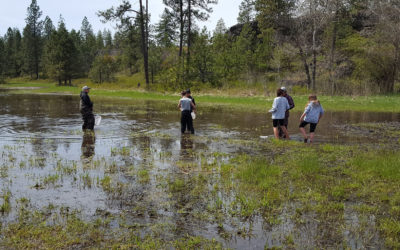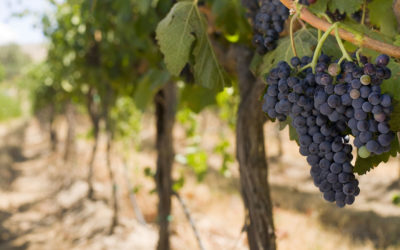Project Portraits
These Portraits were a collaborative effort between the ClimeTime partners and coordinating team members.

In order to best highlight the ClimeTime work, partners were asked to reflect on the successes and lessons learned in local and statewide projects. Partners shared stories of learning experienced by the teachers and students across Washington state. These Portraits of Practice represent the diversity of work done by ClimeTime and the many ways in which climate science and the focus on local phenomena-based learning can engage both teachers and students.
ClimeTime hopes that in sharing these Portraits, educators, students, and anyone invested in rigorous and experiential science learning will be inspired to explore how they can engage with climate science in their region. The Portraits of Practice offer an opportunity to reflect on the work conducted thus far, and use the stories to support the expanding work to deepen teacher and student understanding of climate science through the Next Generation Science Standards. ClimeTime values the work of Washington’s students, teachers, and community-based partners, and seeks to celebrate their commitment to engaging learning experiences.
Method
These Portraits were a collaborative effort between the ClimeTime partners and coordinating team members. In conversation with writers, partners brought to light narratives of work conducted by educators and climate science experts around the state, including the valuable and important knowledge of Indigenous communities. Writers compiled the stories shared and worked to represent what was done and what was learned in each Portrait. Each Portrait was reviewed by several people on the writing teams as well as edited and approved by the project partners. In some cases, the number of students was unknown. In such instances, a conservative multiplier of 20 students per teacher for elementary contexts and 100 students per teacher for secondary contexts was used to estimate students reached by the effort; at these times an “*” was placed beside the student number to indicate estimated calculation.
Use
Portraits can be used to help educators in your building, district or community envision what can be done to foster student learning in NGSS and/or climate change centered education. They can be discussed with decision makers at the school, district, or state level to illustrate what you wish to see in terms of educational innovation. More broadly, these Portraits might be disseminated with educational leaders and community-based organizations in other states to foster similar efforts in other contexts. Please widely share these Portraits of Practice so the work of our communities can be celebrated and uplifted.
Click on a portrait below to read more:
Elementary ClimeTime Institute
The Elementary ClimeTime Institute offered by ESD121 created a hybrid professional learning community of K-5 educators who used the phenomenon of poor air quality due to wildfires to learn how to engage with the NGSS science and engineering practices through the pedagogical approaches outlined in the Ambitious Science Teaching (AST) Project.
Voices of Hope Project GLAD unit
The Teaching for the Climate project was a field-based professional learning experience to support K-5 teachers’ ability to lead outdoor, experiential, place-based, and NGSS-aligned science learning that addresses climate topics.
Teaching for the climate
The Teaching for the Climate project was a field-based professional learning experience to support K-5 teachers’ ability to lead outdoor, experiential, place-based, and NGSS-aligned science learning that addresses climate topics.
Earth systems and changes at Coyote Canyon Mammoth Site
Earth is ever-changing, and Earth Science education aims to teach students about the ways that humans influence landscape and climate. The Next Generation Science Standards (NGSS) have many standards that help us understand Earth’s dynamic nature.
Analyzing & interpreting data: a canvas course for Washington teachers
Teachers across Washington state expressed that they wanted to better understand how to interpret climate science data before leading classes with their own students. In order to reach a broad range of teachers, ESD 113 developed and launched an online course in January 2020.
Exploring water quality in the classroom, the field and through games
Teaching students how to “do” science requires leadership, planning and a strong grasp of academic content. Cheney Middle School’s seventh graders had rich opportunities to understand different aspects of water quality through Rebecca Hansen’s science teaching and Tammie Schrader’s mentorship…
Going the extra mile to cultivate and sustain teacher expertise in Wahluke
Many elementary educators do not enter teaching with a deep background in science, a situation that can result in discomfort and a lack of confidence when teaching science. This project set out to support elementary teachers by providing high quality, hands-on professional learning that is critical to cultivate teachers’ confidence and enthusiasm for science.

